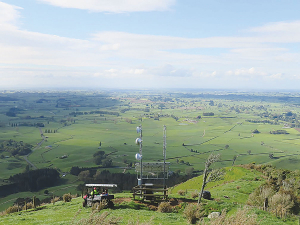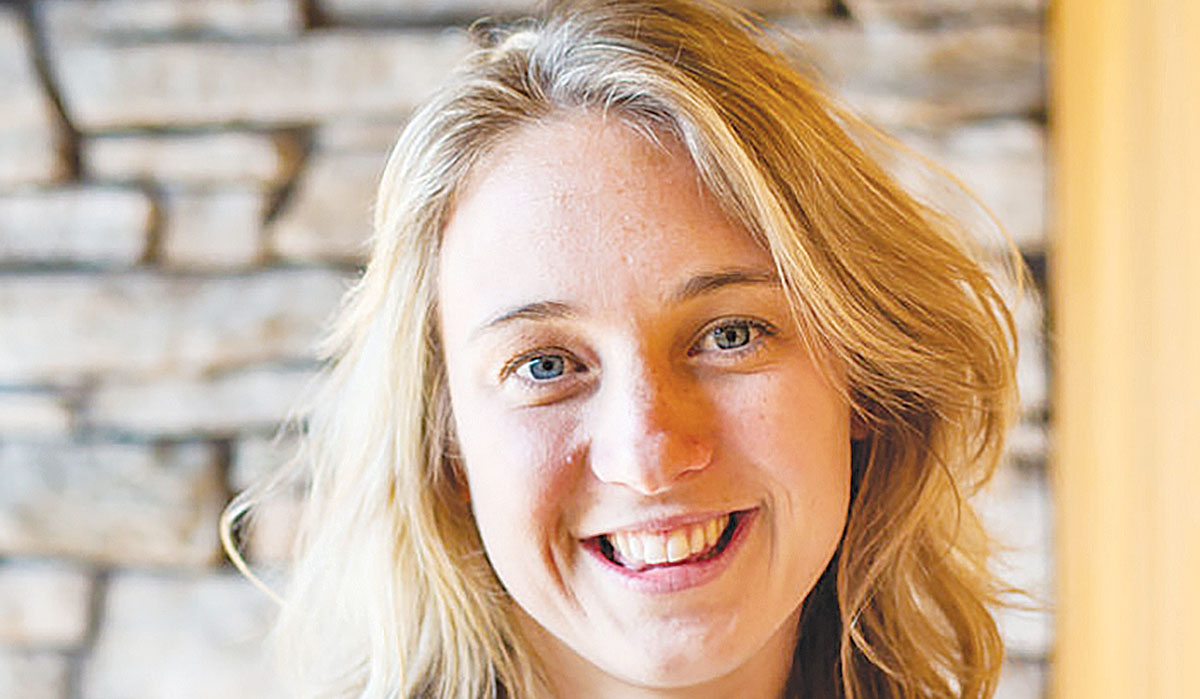Applications Open for 2026 NZI Rural Women Business Awards
Applications are now open for the 2026 NZI Rural Women Business Awards, set to be held at Parliament on 23 July.
 Rural Women New Zealand (RWNZ) technology spokesperson Claire Williamson says the rural internet upgrade won’t solve the problem for everyone.
Rural Women New Zealand (RWNZ) technology spokesperson Claire Williamson says the rural internet upgrade won’t solve the problem for everyone.
The Government’s announcement of a connectivity upgrade is being met with cautious optimism.
Last month, Minister for the Digital Economy and Communications, David Clark, announced that the Government’s Rural Capacity Upgrade would see existing cell towers upgraded and new towers built in rural areas experiencing poor performance.
“By the end of 2024 around 47,000 rural households and businesses should experience faster internet speeds and better reception than they do right now,” says Clark.
“With these upgrades, rural businesses will have the tools to be more innovative and productive. We can also improve health and safety for New Zealanders and their families through remote health consultations, facilitate remote learning and help maintain social and family connections.
“For those businesses, farms, marae, and households that aren’t captured by current rural broadband initiatives, such as the Ultra-Fast Broadband programme, the initiative launched today will be of great benefit,” he says.
While some are celebrating the announcement, Rural Women New Zealand (RWNZ) technology spokesperson and board member Claire Williamson says the Upgrade won’t solve the problem for everyone.
“If the upgrade improves speed and capacity, it will be great for those existing connections,” Williamson told Dairy News.
She says it is her understanding that most of the new cell towers are planned for state highways and tourist spots.
“We would like to see internet and cellular access to every NZ household and farm.”
Meanwhile, rural internet providers say they are ready for the upgrade.
Rural internet provider Primo is welcoming the news, with managing director Matt Harrison saying it will help the wireless broadband side of the company provide better service to its rural customers.
 |
|---|
|
RWNZ technology spokesperson and board member Claire Williamson. |
“We pioneered getting broadband into Taranaki’s rural communities and this will mean we have more resources to lift capacity,” Harrison says.
“We have already worked closely with the Crown Infrastructure Partners (CIP) to roll out broadband to isolated farms and communities. It’s been a great programme that’s benefited many of our farmers, marae and rural workers.”
Primo is one of 13 private sector contractors set to carry out the work, which is funded by the Government’s Covid-19 Response and Recovery Fund.
Also pleased with the announcement is Federated Farmers president and telecommunications spokesperson Andrew Hoggard.
“Every year Feds surveys members on broadband and cellphone coverage in rural areas, to gather data on the worst blackspots and inform our advocacy to government,” Hoggard says.
“The frustration of farming families whose businesses, distance education and everyday activities are hampered by poor or sometimes non-existent services comes through loud and clear.
“So news that upgrades to existing cell towers and construction of new towers should see 47,000 rural households and businesses experience faster internet speeds and better reception by the end of 2024 will come as a relief.”
When the work is completed, the Government claims 99.8% of New Zealanders will have seen an improvement to their broadband services.
Greenlea Premier Meats managing director Anthony (Tony) Egan says receiving the officer of the New Zealand Order of Merit (ONZM) honour has been humbling.
Waikato dairy farmer Neil Bateup, made a companion of the New Zealand Order of Merit (CNZM) in the New Year 2026 Honours list, says he’s grateful for the award.
Another Australian state has given the green light to virtual fencing, opening another market for Kiwi company Halter.
Farmer interest continues to grow as a Massey University research project to determine the benefits or otherwise of the self-shedding Wiltshire sheep is underway. The project is five years in and has two more years to go. It was done mainly in the light of low wool prices and the cost of shearing. Peter Burke recently went along to the annual field day held Massey's Riverside farm in the Wairarapa.
Applications are now open for the 2026 NZI Rural Women Business Awards, set to be held at Parliament on 23 July.
Ravensdown has announced a collaboration with Kiwi icon, Footrot Flats in an effort to bring humour, heart, and connection to the forefront of the farming sector.
President Donald Trump’s decision to impose tariffs on imports into the US is doing good things for global trade, according…
Seen a giant cheese roll rolling along Southland’s roads?